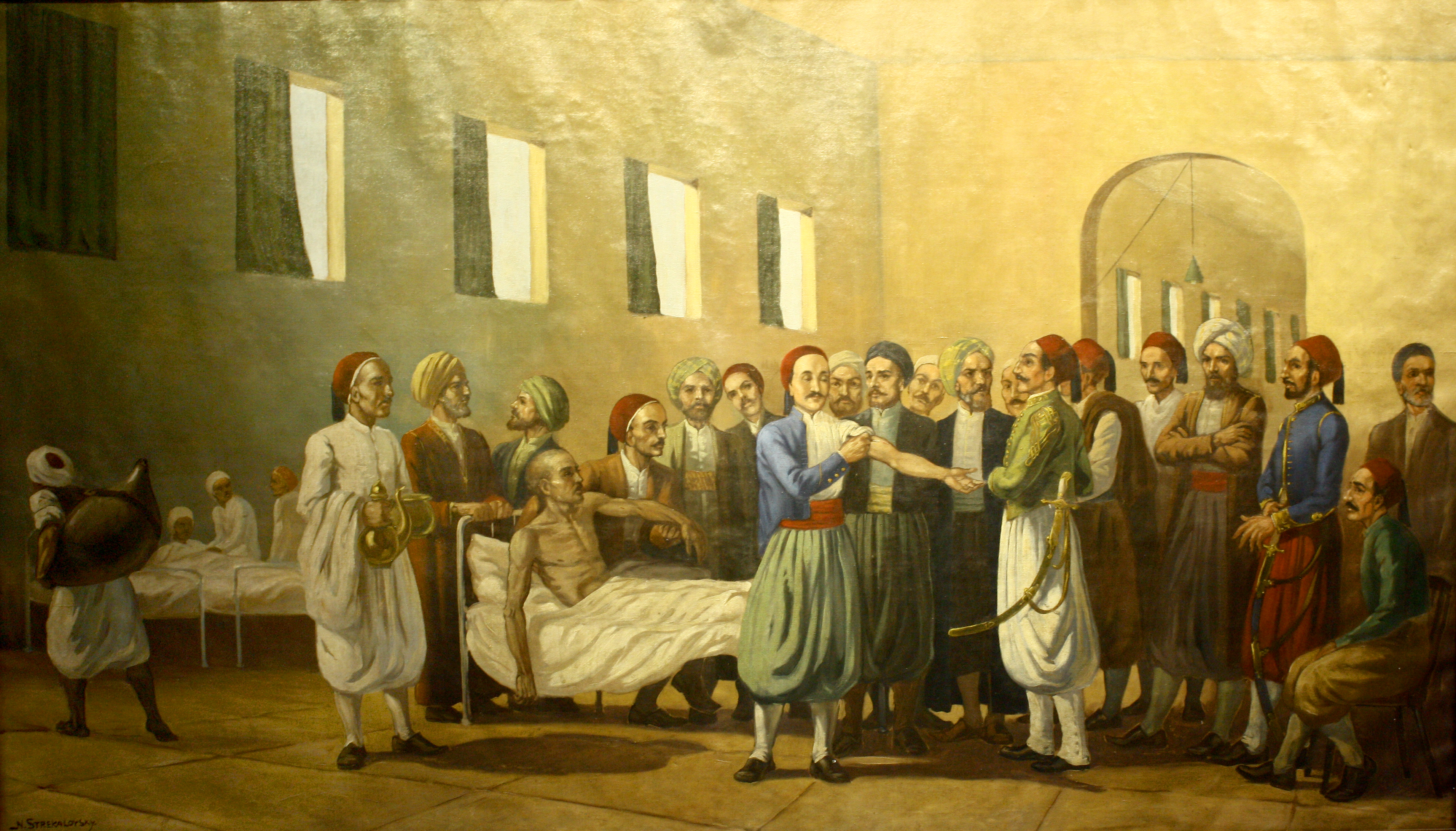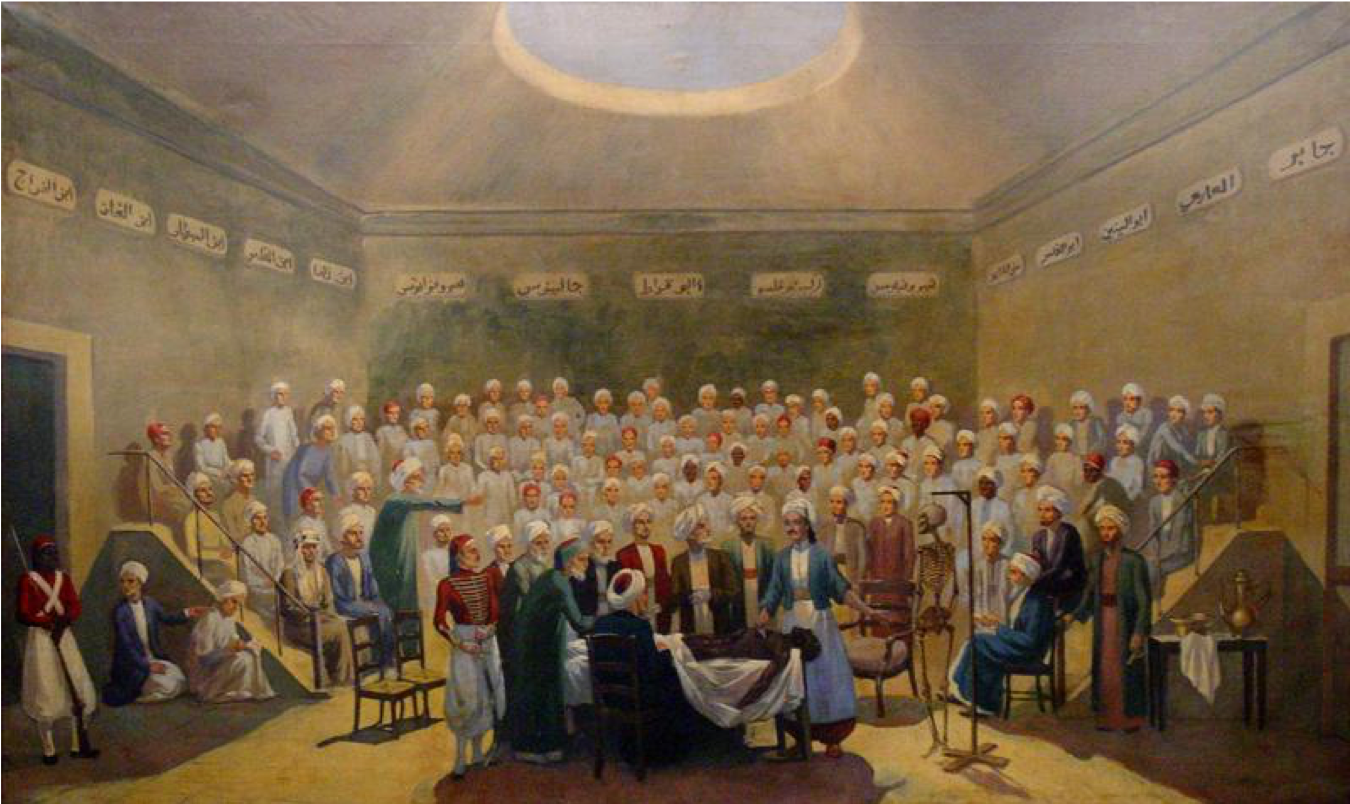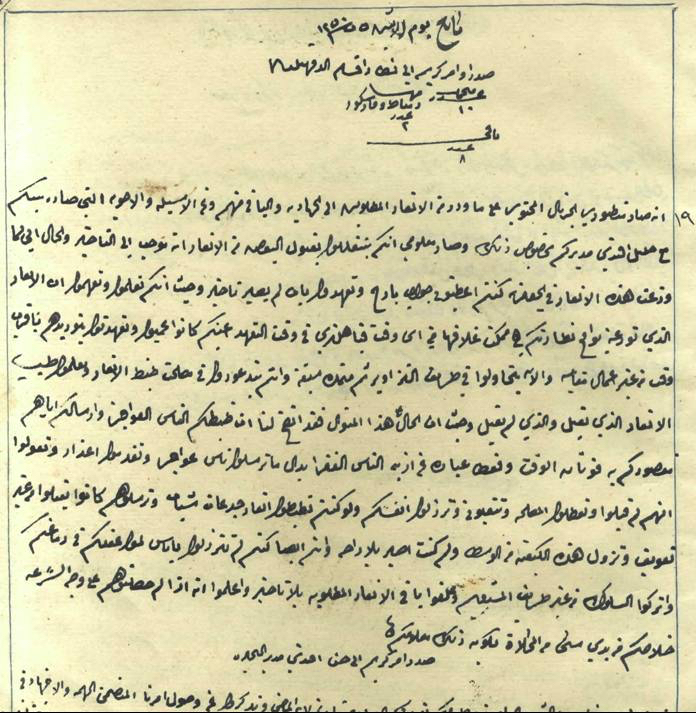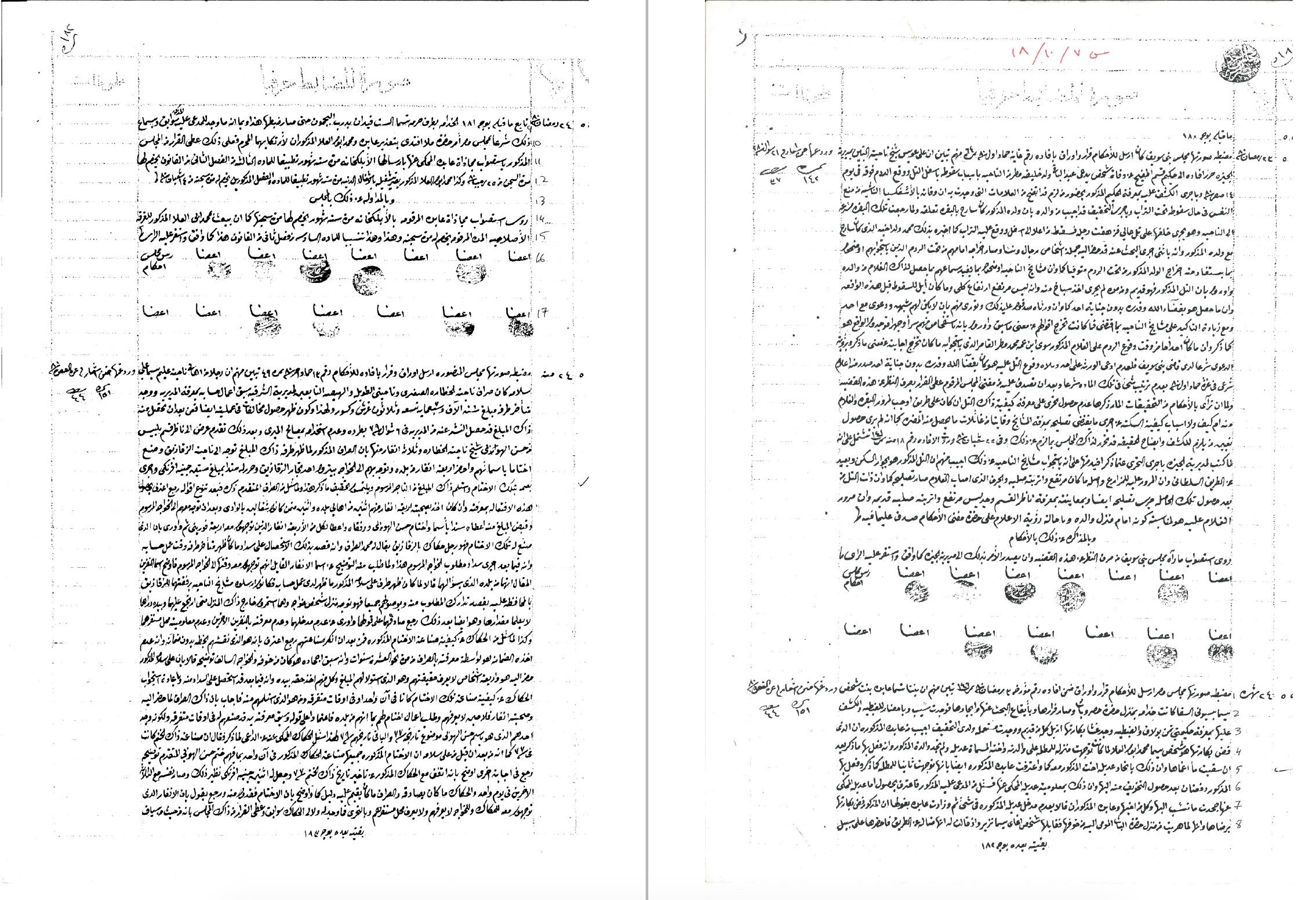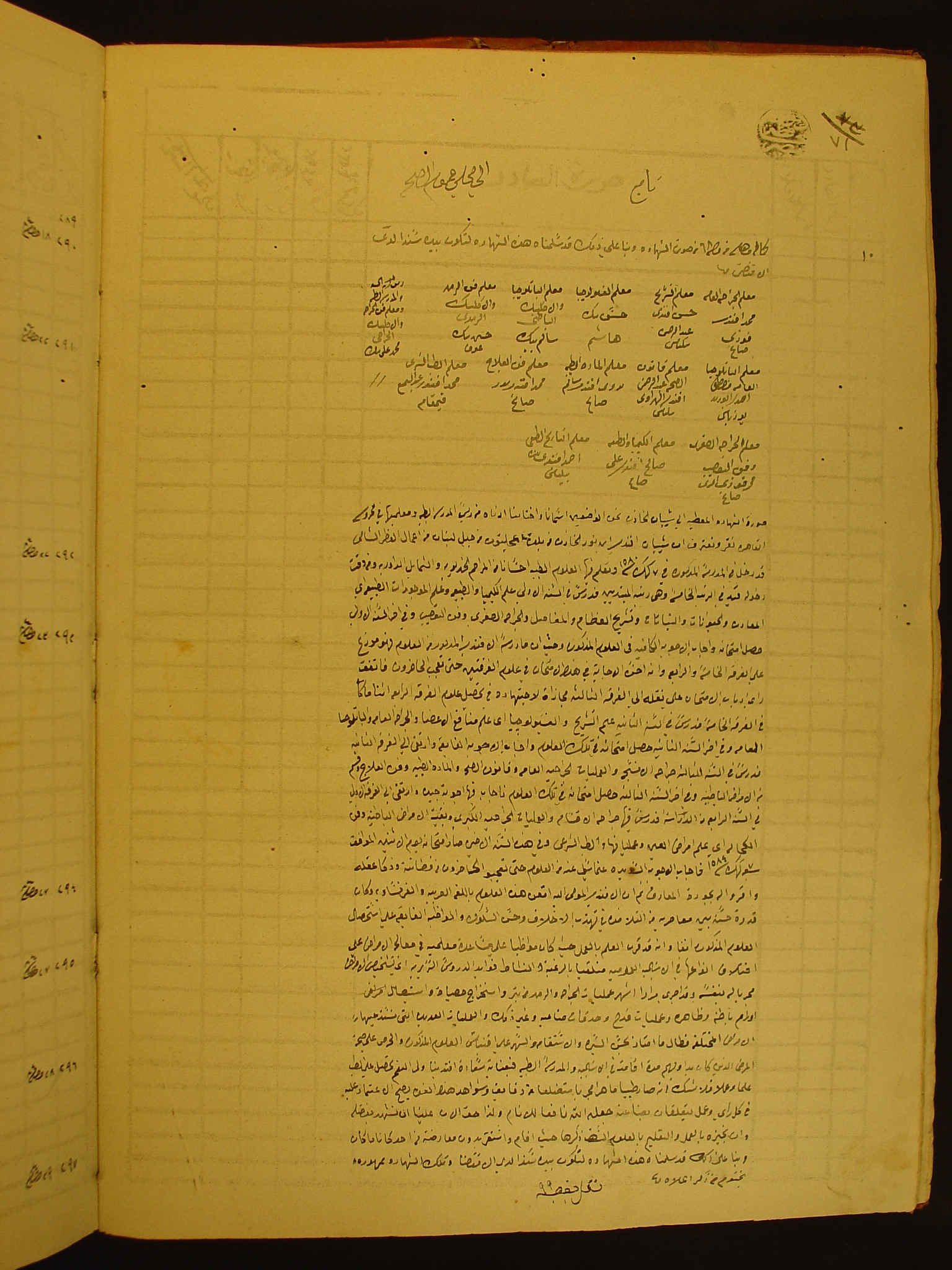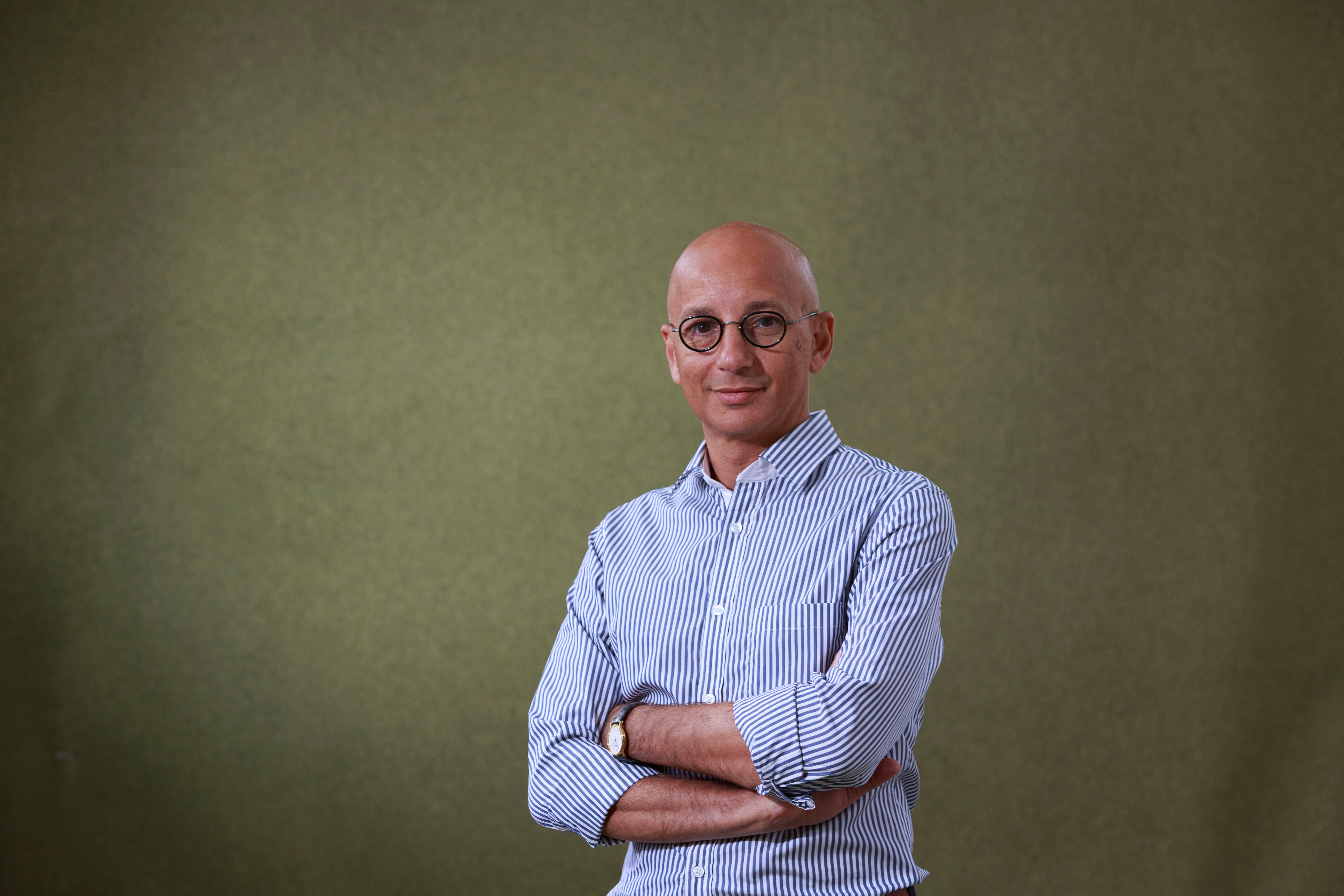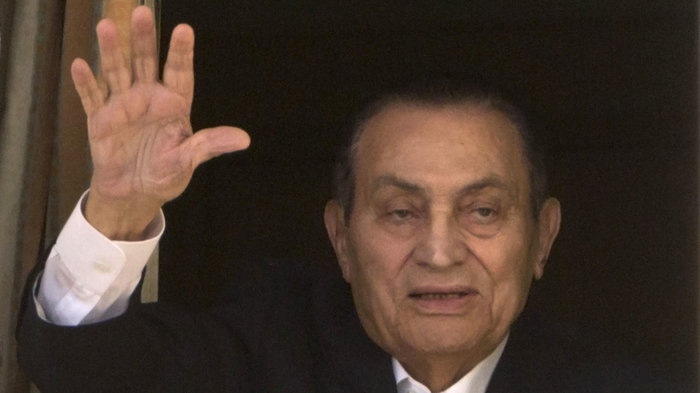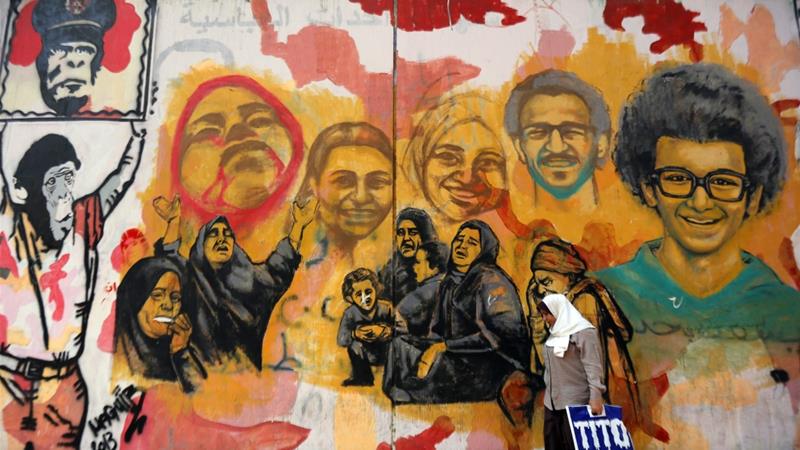In Quest of Justice: Islamic Law and Forensic Medicine in Modern Egypt Due to be published by University of California Press in October 2018 Rights: Available worldwide Pages: 408 ISBN: 9780520279032 Trim Size: 6 x 9 Illustrations: 10 bw figures ORDER ONLINE AND SAVE 30% www.ucpress.edu/9780520279032 Use source code 17M6662 at checkout “Fahmy rewrites the narrative of legal and institutional development by bringing in the Egyptian state with its new capacities and its elite as actors with clear interests and strategies of their own, as well as the broader Egyptian population whose protests and accommodations shaped this…
Leave a CommentKhaled Fahmy Posts
Last semester, spring 2017, I taught a class at Harvard on Arabic paleography and archival skills. Each week, we’d read a couple of Arabic, hand-written archival documents that I had culled from the Egyptian National Archives. The documents were mostly from the 19th century, although some dated from the 16th and 17th centuries. I’d have the documents transcribed and the quaint and odd words explained in advance. On their part, the students were supposed to a. translate the document, and b. practice reading it at home and be prepared to read it in class from the original, hand-written text. The documents…
Leave a CommentLast semester, spring 2017, I taught a class at Harvard on Arabic paleography and archival skills. Each week, we’d read a couple of Arabic, hand-written archival documents that I had culled from the Egyptian National Archives. The documents were mostly from the 19th century, although some dated from the 16th and 17th centuries. I’d have the documents transcribed and the quaint and odd words explained in advance. On their part, the students were supposed to a. translate the document, and b. practice reading it at home and be prepared to read it in class from the original, hand-written text. The documents…
2 CommentsLast semester, spring 2017, I taught a class at Harvard on Arabic paleography and archival skills. Each week, we’d read a couple of Arabic, hand-written archival documents that I had culled from the Egyptian National Archives. The documents were mostly from the 19th century, although some dated from the 16th and 17th centuries. I’d have the documents transcribed and the quaint and odd words explained in advance. On their part, the students were supposed to a. translate the document, and b. practice reading it at home and be prepared to read it in class from the original, hand-written text. The documents…
3 CommentsAn interview with Sonja Zekri published originally in German in Suddeutsche Zeitungand then in Qantara.de on June 23, 2017 In interview with Sonja Zekri, Harvard-based Egyptian historian Khaled Fahmy describes the Arab defeat at the hands of Israel in the year 1967 as triggering the rise of Islamism It was a short war, just six days, yet during that time Israel destroyed the armed forces of Egypt, Jordan and Syria, captured the Sinai and the Gaza Strip from Egypt and occupied East Jerusalem, which up to that point had been part of Jordan. And that was only the military debacle. The political and cultural…
Leave a CommentAn interview with BBC Radio 4 “The World Tonight” program on Sisi’s declaration of the state of emergency in the wake of the IS terrorist attacks on churches in Tanta and Alexandria. You can listen to the program HERE (Egypt section starts at 20:39, my section starts at 23:40).
Leave a CommentAn interview with Dina Ezzat in Ahram Online on January 29, 2017 Lack of access to official state documents leaves significant gaps in the understanding of Egypt’s modern history, the ‘Cairo Fire’ of 26 January 1952 being a prominent example, says historian Khaled Fahmy Some 65 years later, the true story of the Cairo Fire is still untold, and the mastermind and culprits behind one of the worst acts of arson to ever hit the capital remain unknown to the public. On Saturday 26 January, 1952, almost 24 hours after the soldiers of the British occupation killed 50 Egyptian auxiliary policemen…
Leave a CommentPublished in Al Jazeera on January 25, 2017 By Khaled Diab Khaled Diab is an award-winning Egyptian-Belgian journalist, writer and blogger. He is the author of Intimate Enemies: Living with Israelis and Palestinians in the Holy Land. He blogs at www.chronikler.com With the world’s attention on Washington and the new administration’s open assault on the media and journalists, whom Donald Trump described as “among the most dishonest human beings on earth“, few eyes are turned to Egypt, where “alternative facts” have been a reality for some time, and its continued clampdown on the press and civil society. Among the recent…
Leave a Comment